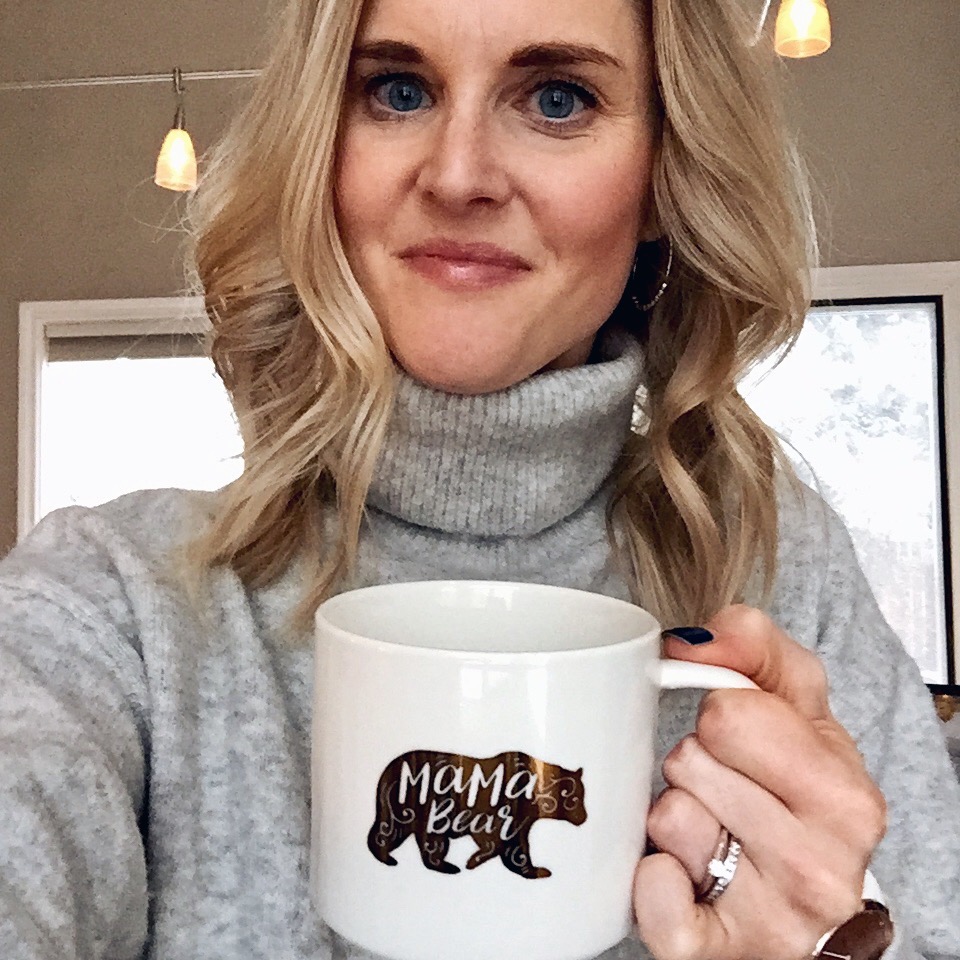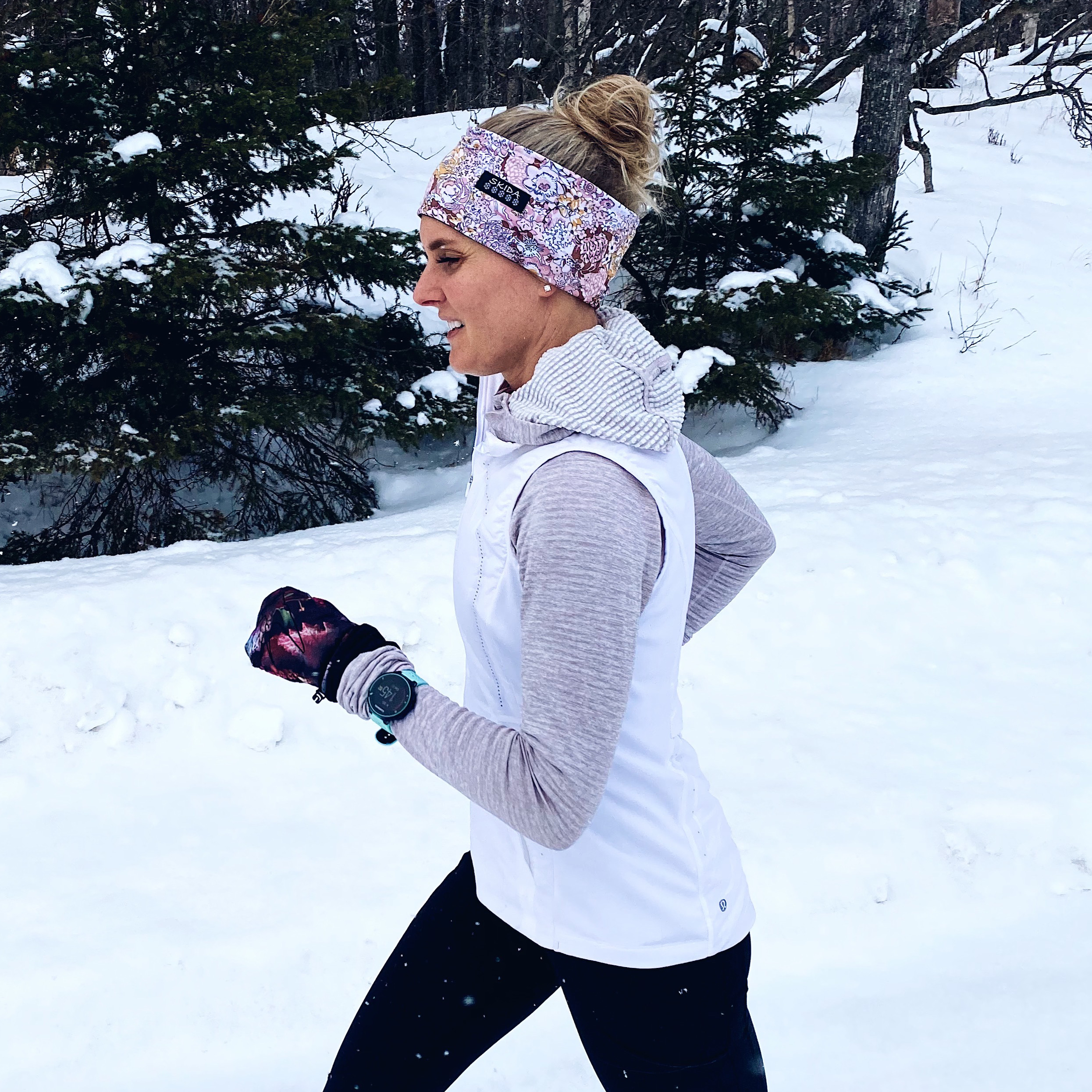I often get quite a few nutrition-related questions on Instagram, and while I do have a major in Health Education and feel pretty competent to answer most nutrition-related questions, I am no expert or registered dietitian.
So I asked my sister, Kristy, who is a Registered Dietitian, to share her most commonly asked questions she gets from runners regarding their diet and nutrition. She helps runners break through all the confusing nutrition messages, dieting-mindset or feeling like you need to “run to earn your food”, and learning how to fuel your body well without the guilt or stress. She has changed so many runner’s lives and their relationship with food!
Kristy works virtually with runners on improving their relationship with food and learning to fuel properly to improve running performance. Be sure to follow her on Instagram as @marathon.nutritionist and if you are interested in her services, click HERE to learn more on how to apply for her nutrition counseling. (She is going on maternity leave this summer, so take advantage of her services now.)

How did you get into working with runners and their nutrition?
As a collegiate runner, I found myself scrolling through Pinterest for hours looking for the “perfect” healthy recipes. I would tell myself if I wanted to be a faster runner, I needed to manage my weight. And that meant ignoring my hunger and waiting until 3pm to eat my afternoon snack. I would catch a cold easily, have poor circulation in my hands and my hair would fall out easily. Little did I know at the time all of these were signs that I wasn’t eating enough to support my training.
Years later I realized I wasn’t alone. So many runners feel confused and stressed around food and trying to sort through diet talk. But, it’s something that isn’t talked about. That’s why I decided to make it my mission to help runners break the cycle, teach them to trust their body and understand their unique fueling strategies to maximize their performance and live a life where they no longer feel obsessed with food.
I’m breaking down some of the most common questions I get about nutrition as a runner.
What is one of the most common nutrition mistakes you see runners make?
I think it’s common to get into running for weight loss or for weight management. It’s common to think you should cut back on calories. But when you start running more, you become more hungry. For many runners, I find this leads to overeating/binge eating at night and they just feel stuck. They eat healthy during the day, but feel out of control around food at night and it just becomes a cycle.
Or, you think: since I ran X miles, I can eat whatever or deserve to eat ice cream, cookies, candy, chips, etc. If you don’t give your body what it needs, performance suffers. What you eat greatly impacts how you feel. But, this also doesn’t mean your favorite foods can’t be included with your meals and snacks. It’s all about the balance.
How many calories should runners eat?
Everyone is so different in the amount of calories they need. But chances are, if you’re running and eating less than 2,000 calories, it’s probably not enough. No calorie tracking app, dietitian, or doctor can tell you exactly how much your body needs. Your energy needs constantly change from day to day. You have higher energy needs if you are injured, sick or just completed a hard workout. Energy needs are affected by your age, gender, environment, hormones (hello, carb cravings before your menstrual cycle), and so much more. And get this, did you know the FDA allows Nutrition Fact labels to be off by 20 percent?! That means a food item labeled as 100 calories could actually contain 80 or 120 calories. It’s not worth the stress to attempt to count your calories. This is why I’m such a big proponent teaching the runners I work with about intuitive eating. You learn how to understand your hunger (it’s more than just a grumbling stomach), let go of diet-mentality, and trust your body.
Are there any running/nutrition “myths” you’d like to debunk?
Your diet does not have to be “perfect” in order to fuel well as a runner. The fastest, best runners eat ice cream, cookies, candy, and chips on occasion. And it’s not just because they are running more miles but because they have a healthy relationship with food. Feeling stressed, anxious or guilty around food does more harm than good. Maybe you try and eat “perfect” during the day or work week which only leads to splurging at night or on the weekends. Not only does this lead to more stress and guilt, but also more gut issues, feeling sluggish on your run, and poor recovery.

What should I eat before and after my run?
I get this question a lot! The number one thing I tell runners is your everyday meals are more important than trying to eat a “perfect” pre or post-run snack. The timing of your meals and what you eat on a day to day basis IS what’s fueling your runs and workouts. If you’re feeling fatigued on your runs, you’re probably feeling tired and exhausted at home and work.
Before your run, keep it simple and focus on carbs before a run like a banana, dried fruit, or English muffin with jelly. You can consider adding in a little fat and protein to help stabilize your blood sugar such as peanut or nut butter. This becomes more important if you’re eating your pre-run snack is 1-hour or more prior to your run.
For post-run fuel, focus on mostly carbs with some protein like chocolate milk, yogurt with berries and granola or a fruit smoothie with protein powder.
Should I eat something before every run?
Generally speaking, if you’re running easy miles for less than 60-minutes, you don’t need to eat anything beforehand. However, here are some exceptions to why you’d want to eat something:
- You easy run is longer than 60 minutes
- It’s been longer than 4-hours since the last time you ate.
- You are currently hungry or will get hungry during your run
- It helps you feel stronger/better
What can happen to a runner’s body if they don’t fuel properly?
If you are ignoring your hunger, afraid of eating carbs, trying to cut back on calories, or eating super “clean,” you are asking to be injured! Food provides fuel and energy for your body. If you aren’t eating enough, cortisol (stress hormone) levels in your body increase. As a result, your body will start to conserve energy in different ways like by lowering your body temperature, stop producing hormones for reproduction, or have less energy for everyday tasks. Thus, common signs of underfueling include: feeling cold all the time, constantly thinking or obsessing about food, struggling to recover from your run, experiencing gut issues, or having an irregular period.
If you are interested in working with Kristy, click HERE to apply for her coaching services. She is incredibly knowledgeable and works with runners of all abilities who need help navigating the diet culture and improving their nutrition to fuel their bodies for running.






